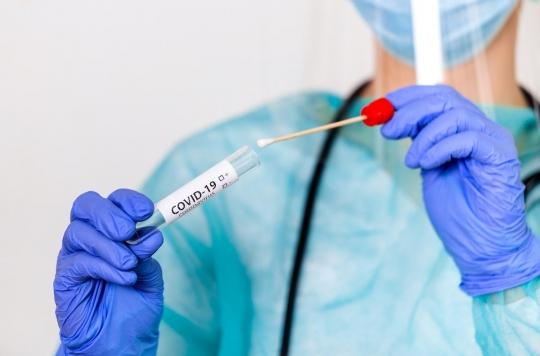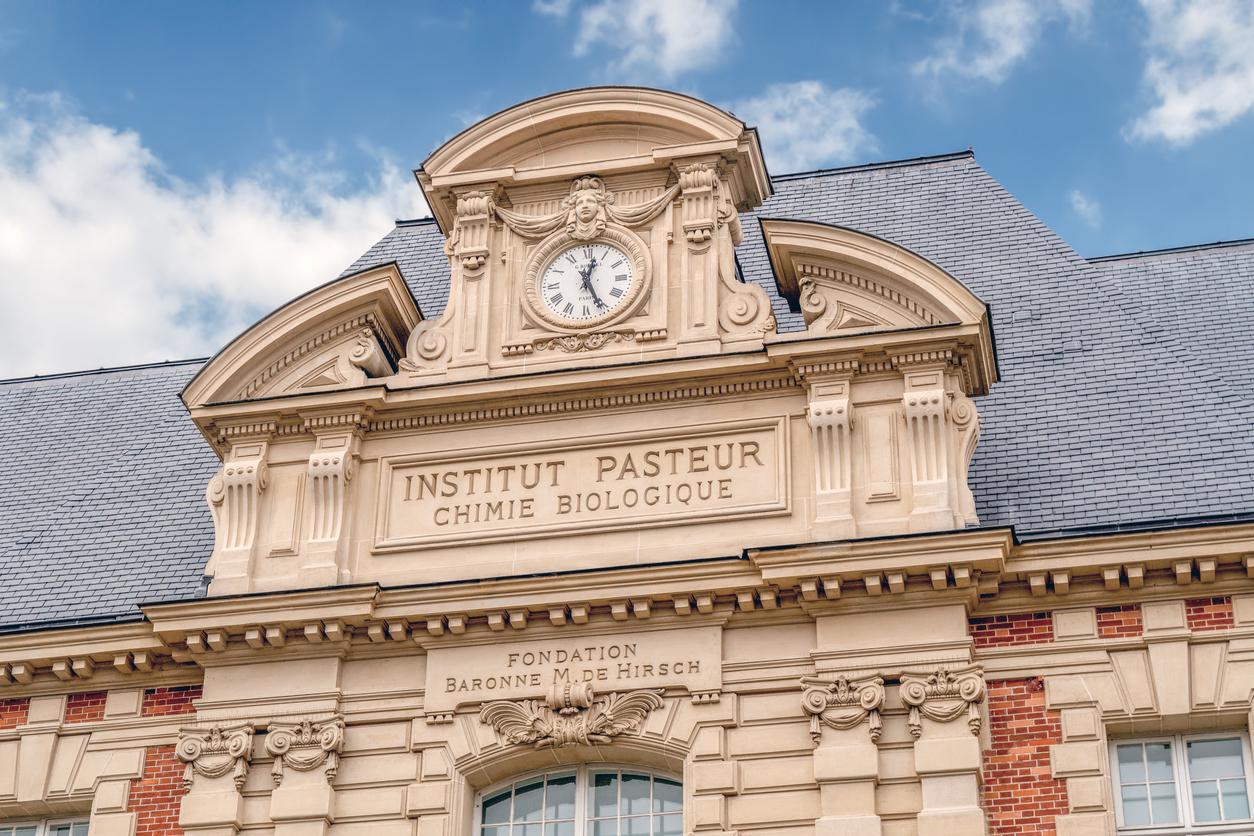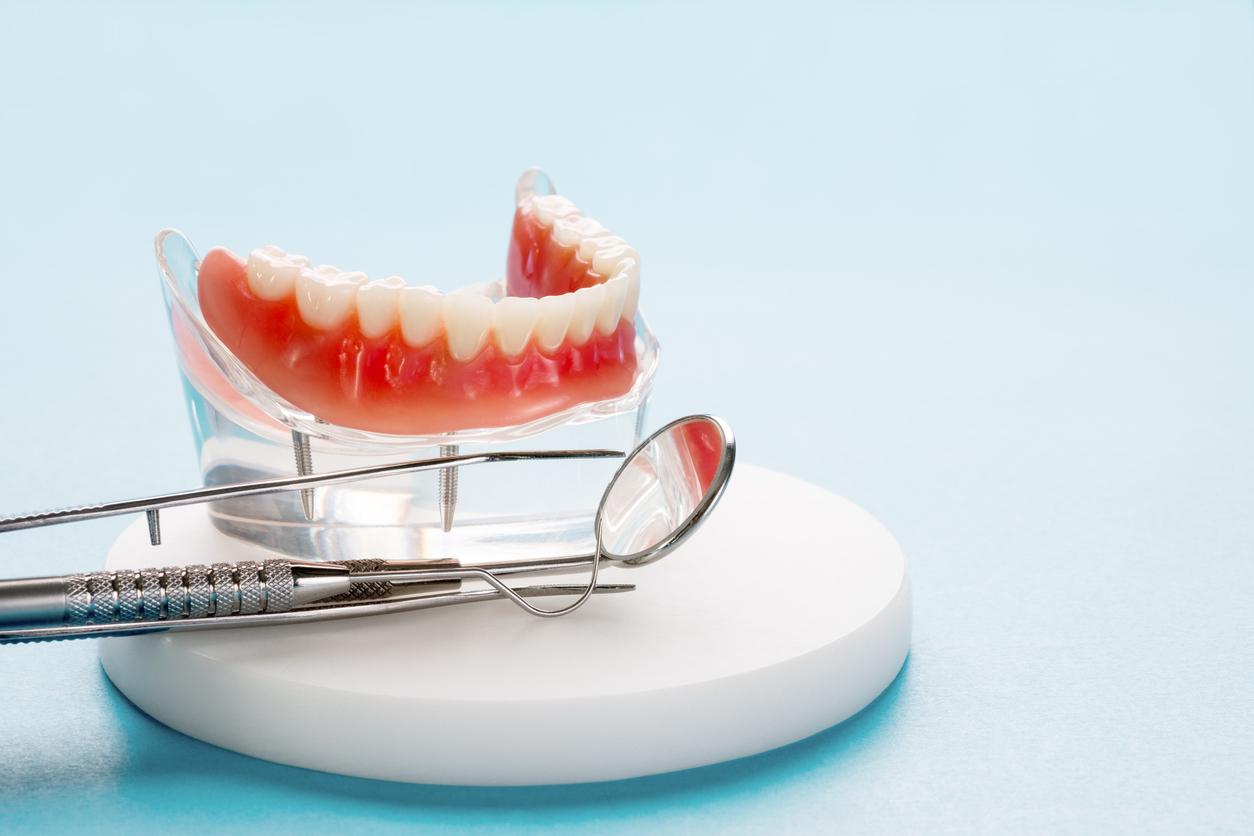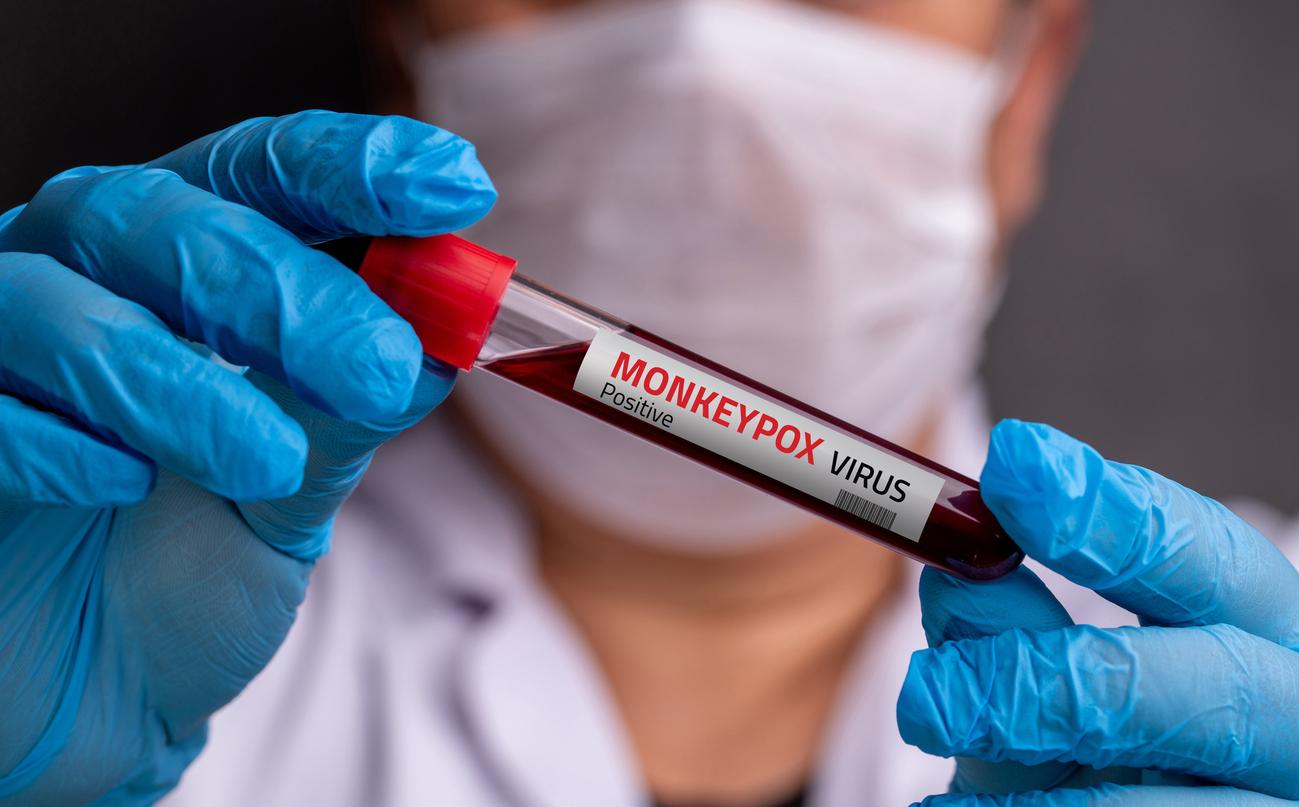To better understand Covid-19 and our immune response in order to develop effective treatments, British researchers will voluntarily infect young British people.

- The selected participants will be between 18 and 30 years old, in good health and without risk factors.
- They will be infected through the nose and researchers will observe every step of the infection process.
- This will allow, in a second step, to compare the different vaccines.
To fight against Covid-19, all shots are allowed. British researchers from Imperial College have embarked on a study which they present as “a world first“, in a press release published on October 20. To better understand the virus and our immune response in order to develop a treatment, they intend to infect volunteers voluntarily. The scientists specify that the selected participants will be aged 18 to 30, in good health and without risk factors.
Researchers are set to explore a human challenge study with the virus that causes #COVID19the first such study anywhere in the world.https://t.co/OT35J8qjBI
— Imperial Medicine (@ImperialMed) October 20, 2020
Know each step of the infectious process
This study will take place in several stages. The first will consist in determining what is the “smallest amount of virus needed to cause a person to develop Covid-19,” the researchers wrote in the statement. This phase is called characterization of the virus. Next, the researchers will observe “how vaccines work in the body to stop or prevent Covid-19, look at potential treatments and study the immune response”. For this, volunteers will be recruited and infected through the nose, the “natural way” of infection, said Peter Openshaw, professor of experimental medicine at Imperial College, who co-leads the study, to the British media BBC Radio 4.
The advantage of this study, the researchers point out, is that it makes it possible to study precisely the entire process of infection and “monitor what is happening at each stage, including before symptoms develop”, they added. Infected patients will have to stay with researchers for two and a half weeks. “Our number one priority is the safety of volunteers”, insist the researchers. Samples will be taken regularly and great monitoring will be observed around their state of health.
Compare vaccines
This research will provide valuable information on the virus that is difficult to obtain with other studies. They will be carried out on a smaller number of patients than clinical trials on vaccines and this will make it possible to have “very clear idea of whether a vaccine will work and how it works”, clarified Professor Openshaw. In this case, it is dozens of volunteers, even “small hundreds”, who will be involved. “Once the parameters of the model have been determined, a phase which should last until May, comparisons between vaccines can then be made.”, adds the researcher.

.















